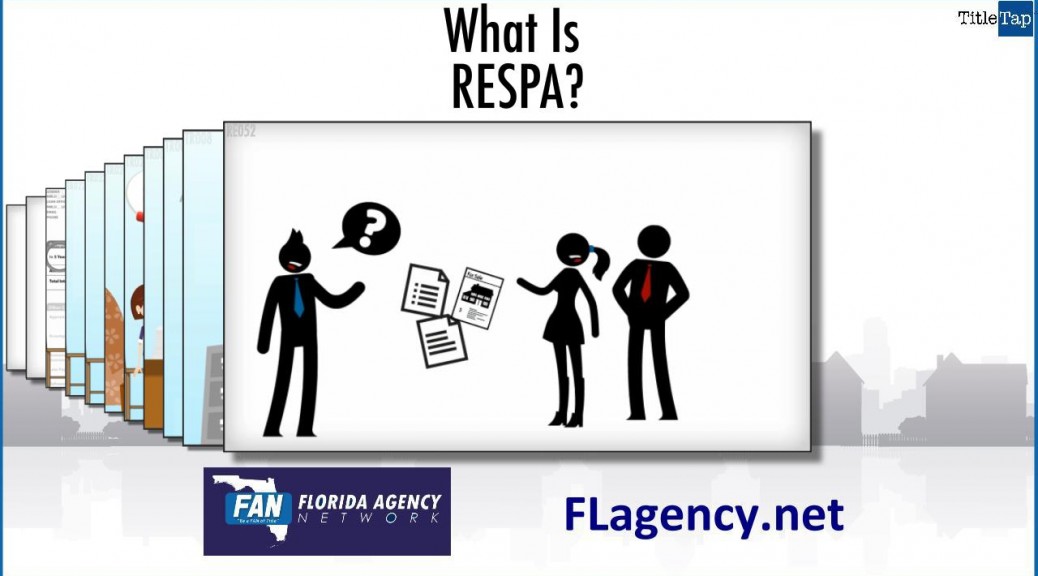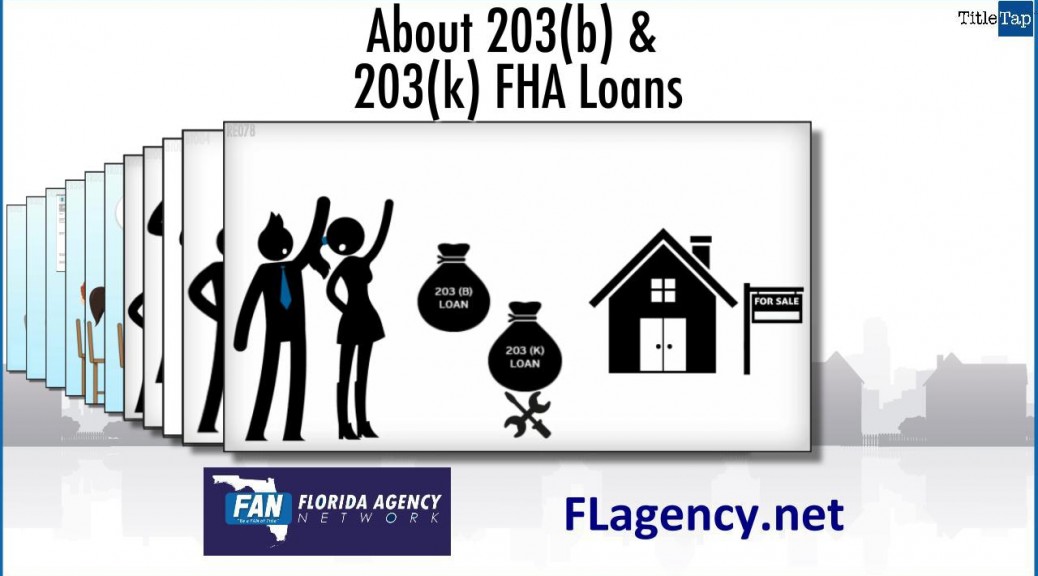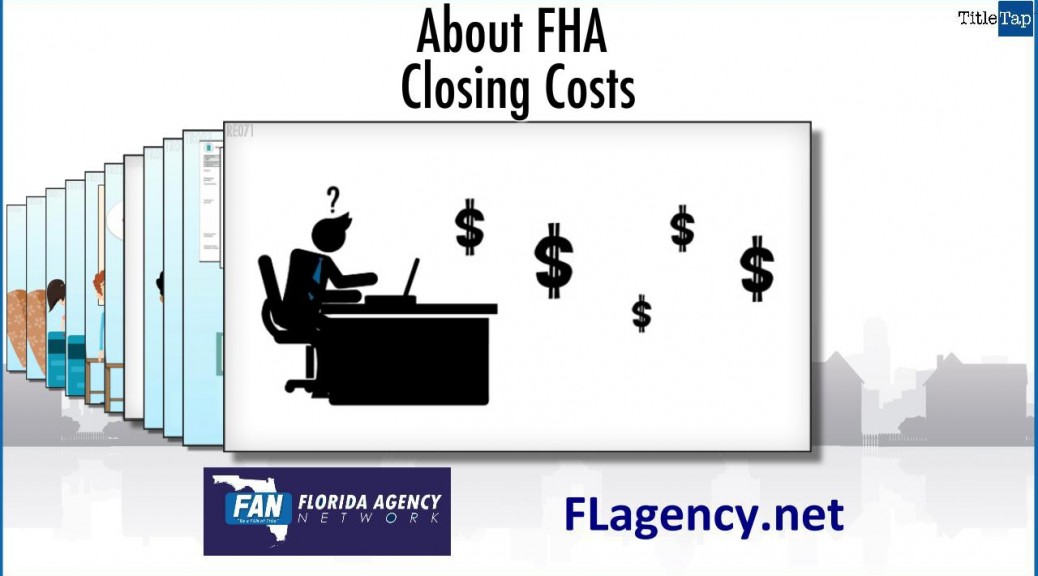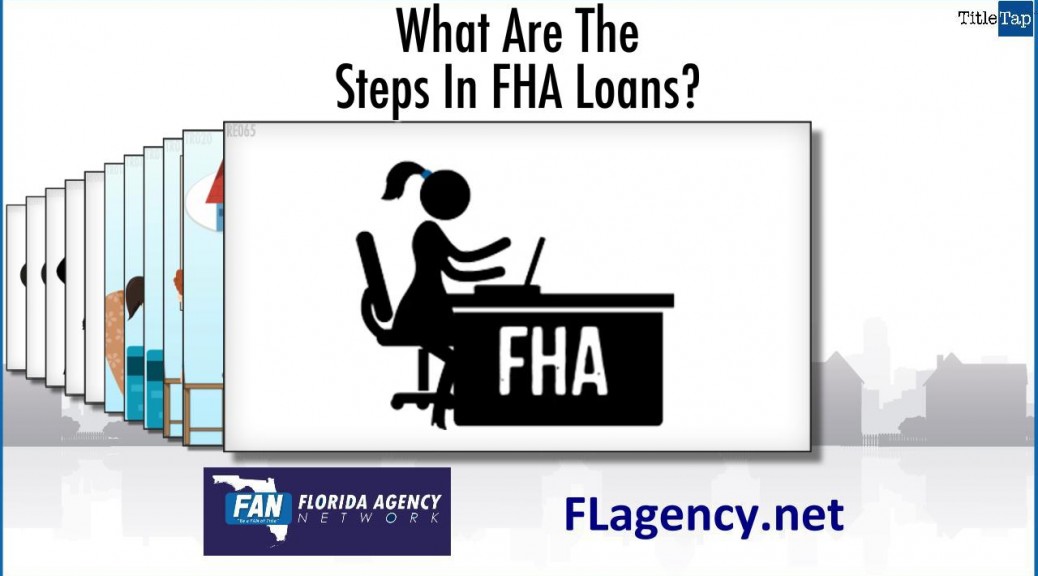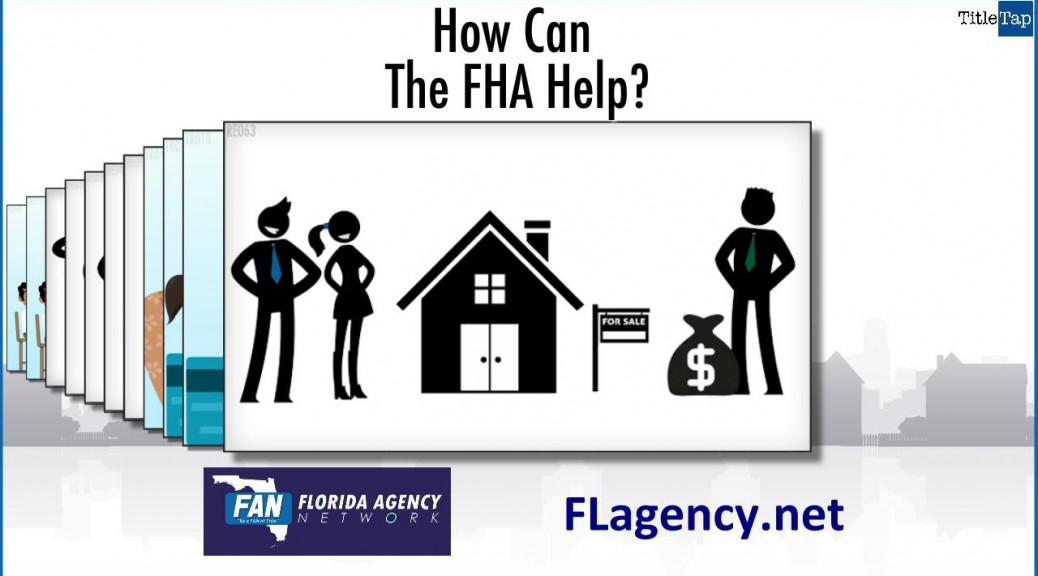http://fwd5.wistia.com/medias/odntlhovuv?embedType=iframe&videoFoam=true&videoWidth=640
RESPA stands for the Federal Real Estate Settlement Procedures Act. This video tells you about it all.
RESPA requires lenders to disclose information to potential customers throughout the mortgage process. By doing so, it protects borrowers from abuses by lending institutions.
RESPA mandates that lenders fully inform borrowers about all closing costs, lender servicing and escrow account practices and business relationships between closing service providers and other parties to the transaction.
For more information on RESPA, visit HUD.GOV or call 1-800-569-4287 for a local counseling referral.

